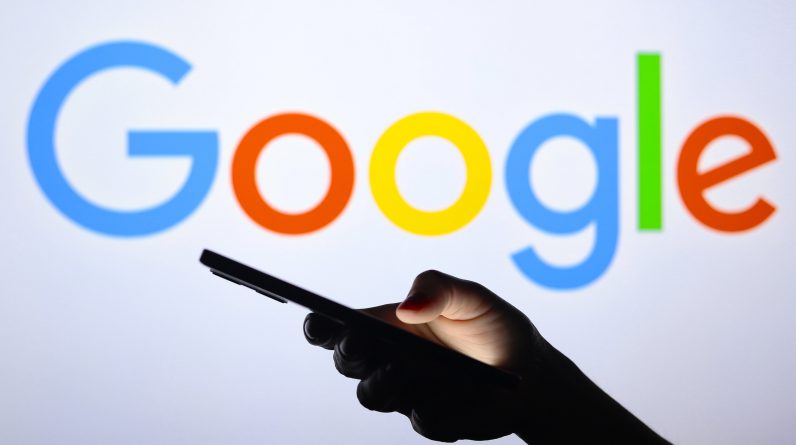
Two things came immediately to mind when I read this weekend’s bombshell report from The Information about Google working on an AI model that can essentially “take over” your Chrome browser, performing tasks on your behalf like booking a flight or purchasing a product.
My first reaction was to congratulate myself for ditching Chrome (because I need a privacy-flouting tech monopoly performing tasks on my behalf like I need a hole in the head). My mind then went back to the shock I recently experienced when I opened my Google Calendar, in search of a particular detail about the vacation I’m going on soon — I use Google Calendar, by the way, not by choice, but that’s neither here nor there.
I’m flying out of Memphis for my trip, and connecting through Denver, but I experienced a surge of panic when I saw that Google Calendar had me listed as flying out of Orlando International Airport, instead of Memphis, and then connecting through Denver.
A quick double-check of my confirmation emails revealed that all was well and that I didn’t inadvertently purchase a ticket that took me to the Sunshine State. It was just a matter of Google being Google. I bring that up, because for at least the past year or more my experience of using any Google product has been exactly like that — specifically, finding Google to be less reliable when it comes to the tasks I need it for.
Tech. Entertainment. Science. Your inbox.
Sign up for the most interesting tech & entertainment news out there.
By signing up, I agree to the Terms of Use and have reviewed the Privacy Notice.
Google Search, as we all know, is hopelessly broken. Emails that I actually need are randomly routed to Gmail’s spam folder more than ever. There’s ridiculous and easily catchable spam all over Google Maps. Its AI overviews must always be double-checked, thanks to their being rife with inaccuracies.
I’m upset over how fucking useless google is. Just beyond garbage. A busted, bloated, malfunctioning service that beyond painful doesn’t help you find *anything*.
— KG, FEMA disrespecter (@interstatejuche) August 27, 2024
It’s all because Google is so obsessed with AI and with error- and garbage-filled automation, that the company once universally regarded as an “organizer of the world’s information” is fine with doing whatever it takes to keep from being seen as falling behind in the AI revolution. In fact, Google is so obsessed with AI to the detriment of its core business, that its new AI model that can reportedly take over your browser (codenamed Project Jarvis, and powered by an upcoming version of Google’s Gemini) actually begs a huge question not related to privacy:
If an AI model can actually complete entire tasks and transactions for you, doesn’t that imply an impact to Google’s core business of advertising? Meaning, if the AI is doing everything, you can just step away and make a cup of coffee without having to be glued to a screen — a screen where you’d otherwise see and potentially engage with ads.
So let me see if I have this right. A big chunk of the public either doesn’t want or is skeptical of AI, and this kind of thing actually seems harmful to Google’s business. But, you know, full speed ahead, regardless — they can’t let Sam Altman win, or something.
Honestly, this whole thing not only continues to mystify me, but I remain convinced that a day of reckoning will come, such that the AI bubble will eventually pop in truly spectacular fashion. Gartner, to cite just one example, recently predicted that 30% of current generative AI projects will be abandoned by 2025.
Regarding Google’s new AI model: Nobody is that busy that they’d rather have an AI buy their plane ticket (and it’s not like you aren’t going to double-check all the details after the fact anyway, defeating the purpose). I especially don’t want Google’s AI doing that on my behalf, since it clearly can’t even scan a ticket confirmation email in its own Gmail product correctly to show the right airport code on my Google Calendar.
There’s a reason why, to Gen Z, “Google” is no longer a verb. This is what happens when management types get their hands on a company, and revenue preservation trumps quality and usefulness. At that point, the story that you tell the world becomes more important than doing a lot of small things well — small but critical things that add up to the important service that people used to love you for.








